6 Questions to Ask Before Buying an LMS

Implementing a training program across an entire organization can be challenging. Investing in an effective learning management system (LMS) is one way to mitigate these challenges, as it centralizes training programs and delivers diverse courses to employees. A good LMS allows you to update content easily, track learner progress, and assess competencies.
With nearly 1,000 LMS vendors available, choosing the right one can feel overwhelming. Shiny features and a low price tag may not always indicate the best fit. An effective LMS engages your workforce, reduces training costs, and boosts productivity. Here are six essential questions to ask before selecting an LMS:
What Are Your Business and Training Needs?
Identify your organization’s training requirements, skills gaps, and industry-specific needs. A large enterprise may require a scalable LMS for different departments and knowledge levels, while a small business might focus on onboarding. Companies in sectors like healthcare may need an adaptive LMS to support blended learning.
Clarify your training objectives. Will the focus be on compliance, such as health and safety or GDPR training? Or will you emphasize development, including leadership skills, digital upskilling, or soft skills? Consider your future growth and whether the LMS can scale to meet changing business demands.


Will the LMS Be Compatible With Other Systems?
Ensure the LMS integrates seamlessly with other technology stacks, such as HR management systems (HRMS), customer relationship management (CRM) software, and content authoring tools. This enhances workflow efficiency and data sharing for a comprehensive view of learner engagement.
Check that the LMS is accessible across various devices and web browsers, allowing users to learn on the go.
What Will the User Experience Be?
A user-friendly LMS should cater to administrators, instructors, and learners, offering a mobile-responsive interface. Consider whether content can be customized for specific roles, preferences, or individual learning paths.
Customization options that reflect your brand’s identity (logo, colors, etc.) foster a cohesive learning environment aligned with your organizational culture. Look for features that enhance interactivity, such as gamification elements and multimedia content.


How Will eLearning Content Development Work?
Some LMS platforms only distribute content, while others include tools for creating unique eLearning materials. Determine whether the LMS offers built-in content development tools or supports third-party integrations. If using third-party content, ensure it adheres to SCORM (Sharable Content Object Reference Model) standards for compatibility.
What Are the Cost Considerations?
LMS vendors offer different pricing models, so it’s essential to choose one that aligns with your budget and training objectives. Common licensing models include:
- Subscription-based licenses: Pay monthly or annually for access to the platform.
- Enterprise-wide licenses: Allow unlimited user access across the organization.
- Active user/seat-based licenses: Charges are based on the number of active users.
- One-time licensing fee: A single upfront payment for a permanent license.


How Do You Choose the Right Vendor
Research vendors’ reputations, customer reviews, and industry experience. Assess their customer support, data protection policies, and frequency of updates. Check if the LMS supports Learning Tools Interoperability (LTI) and common content types (e.g., SCORM, PDFs, Word documents, videos).
Try demos to gauge usability and involve key stakeholders to gather feedback. Look for a vendor who partners with you throughout the journey, like Talent Development LMS, to help you adjust, troubleshoot, and optimize your training program.
Ready to Choose an LMS?
The relationship with your LMS vendor is crucial. You’re not just buying software—you’re looking for a partner to support your training journey. Talent Development LMS specializes in learning and development solutions that elevate employee performance across all aspects, from recruiting and onboarding to engagement and succession planning. Our offerings include Talent Development Software, LMS for colleges, LMS for schools, LMS for corporations, and businesses, helping you focus on upskilling and reskilling your workforce.




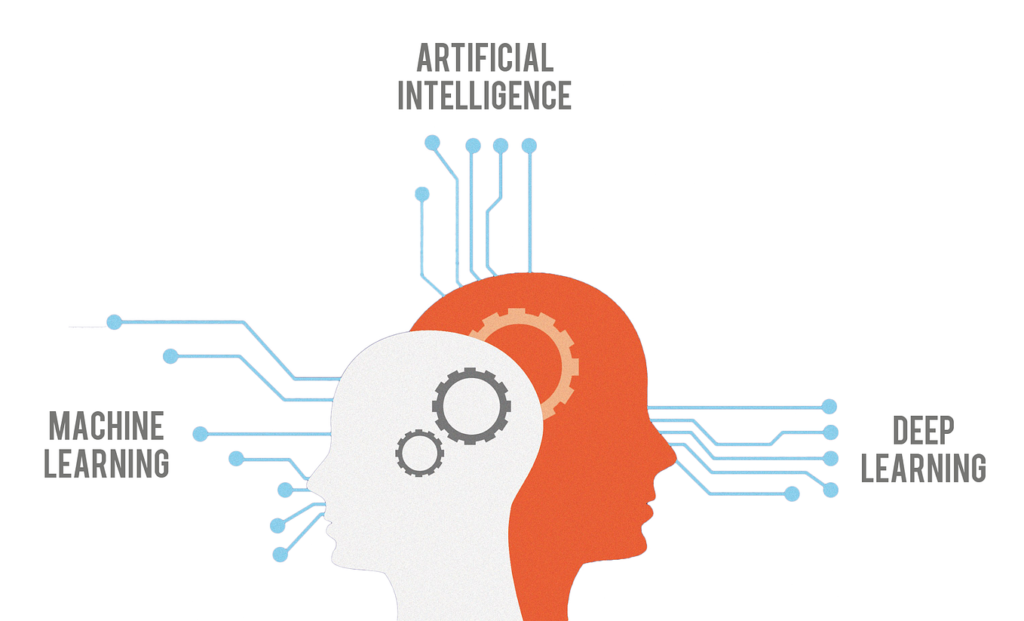
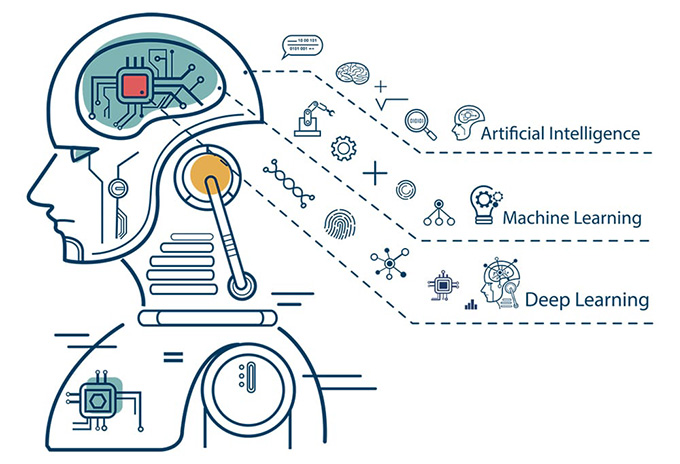
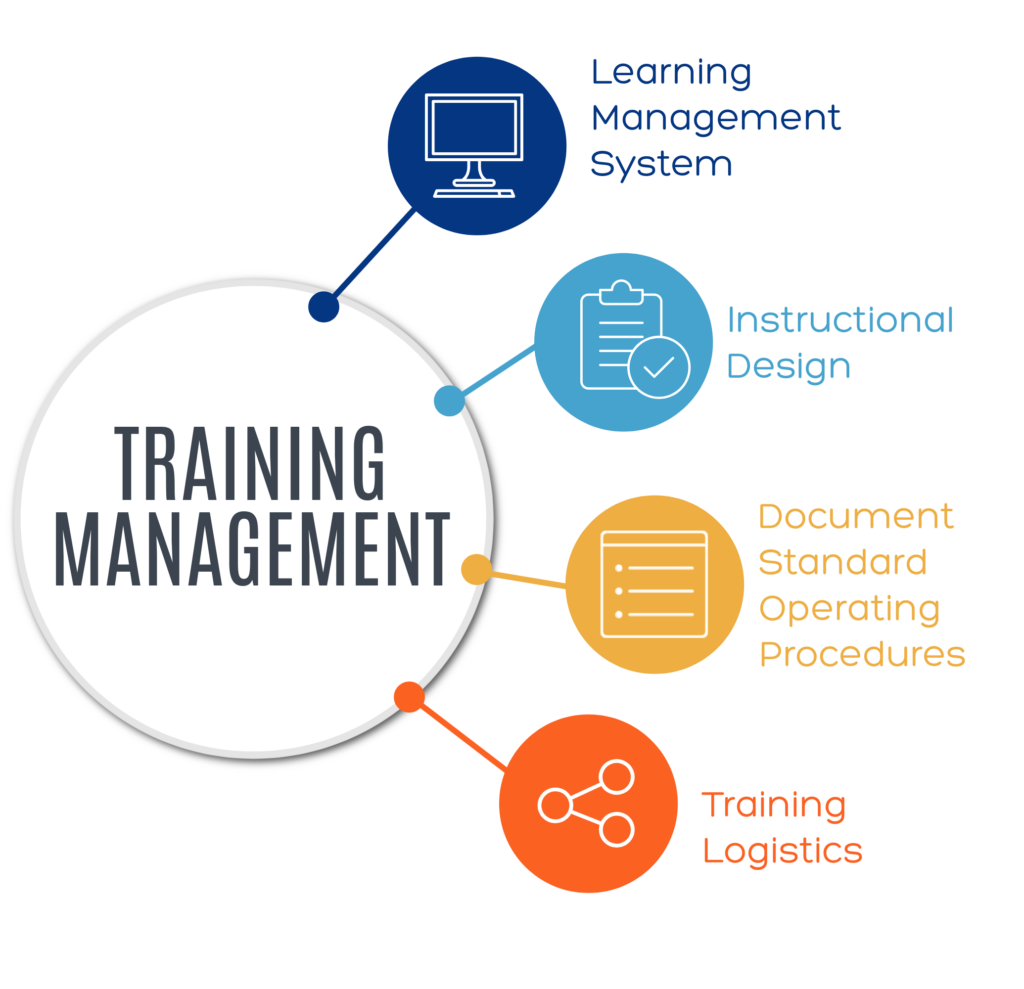

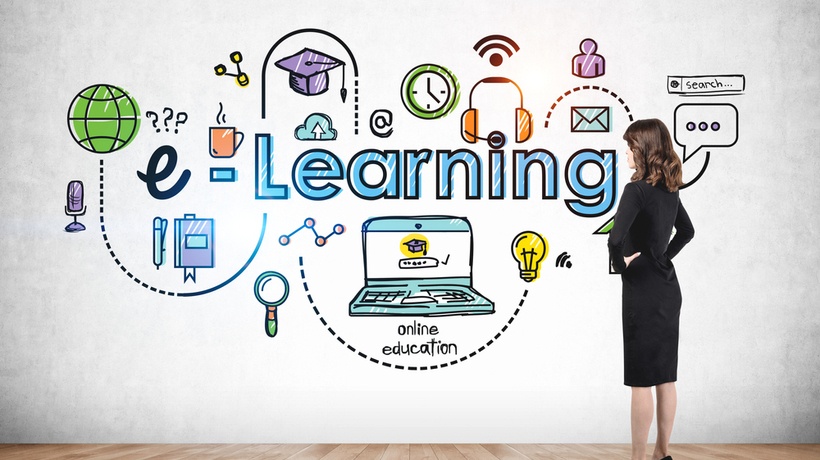






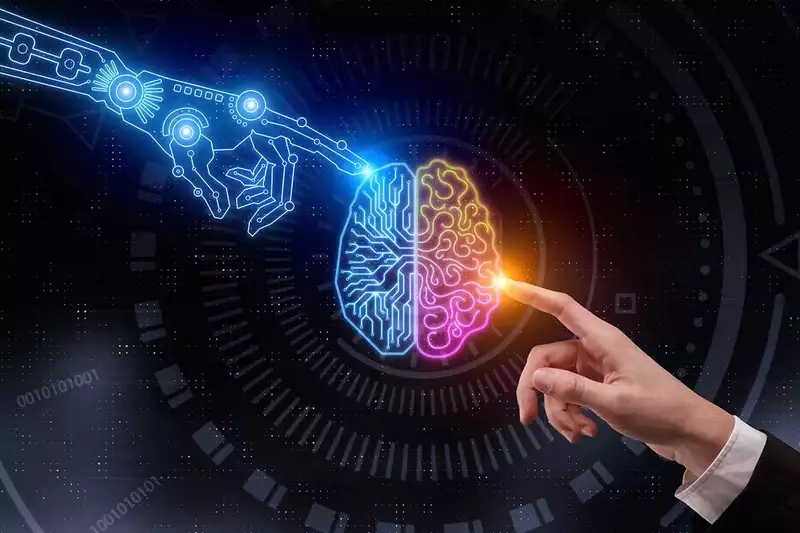

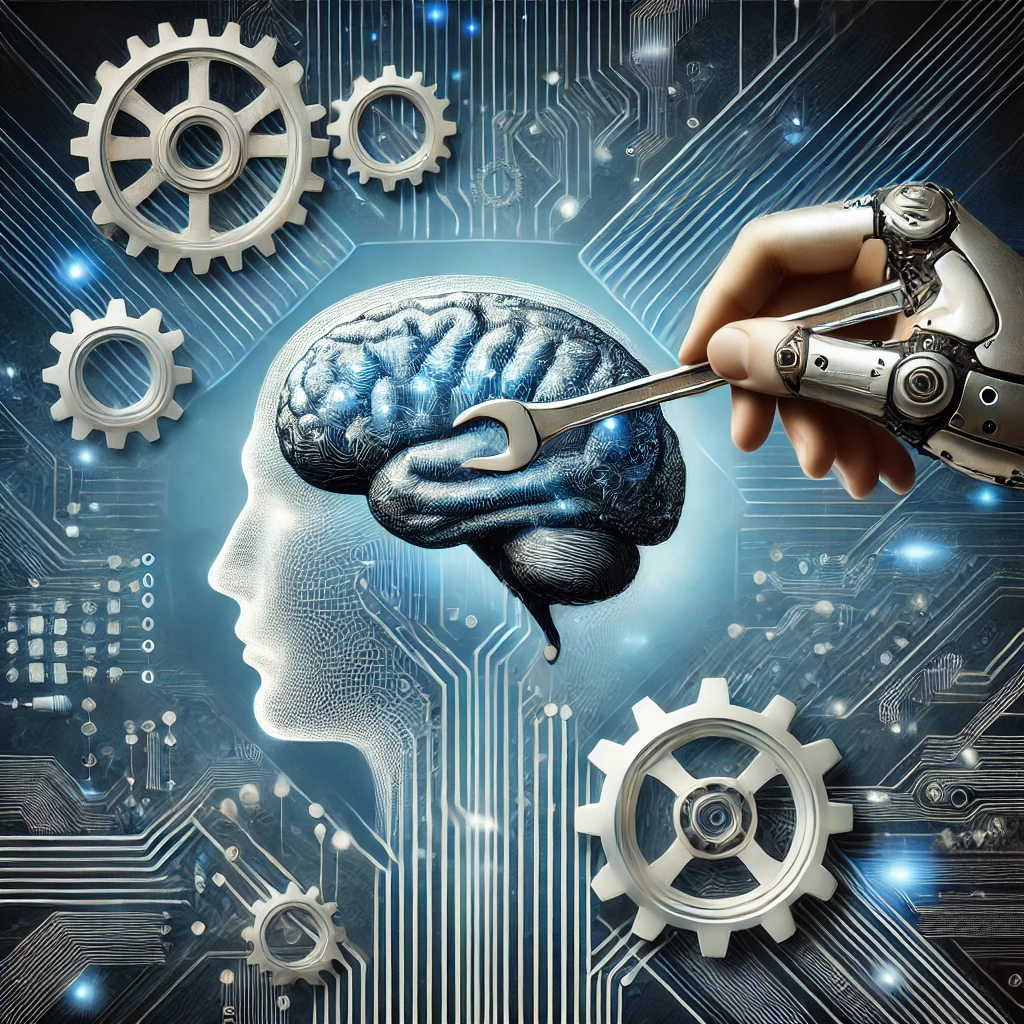






















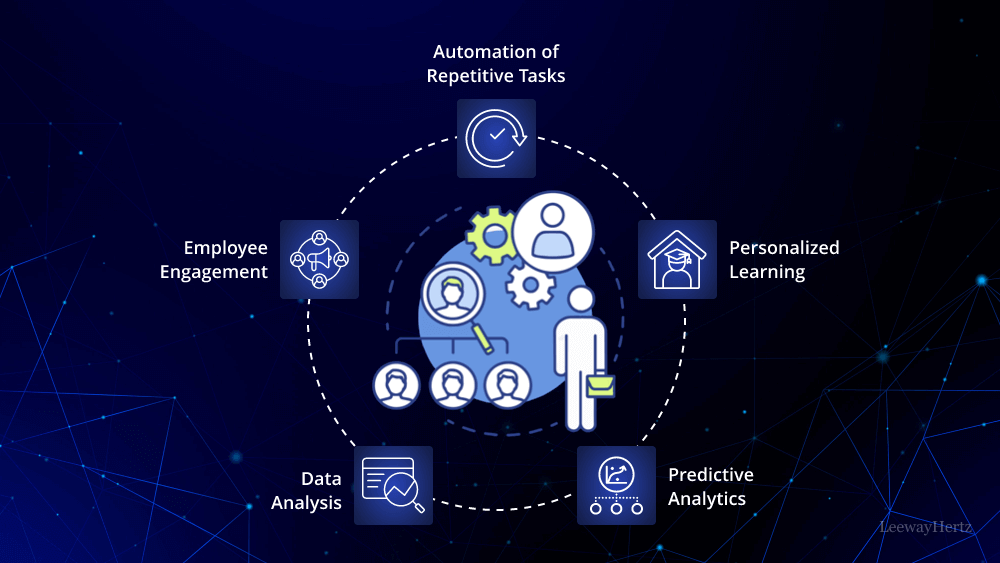





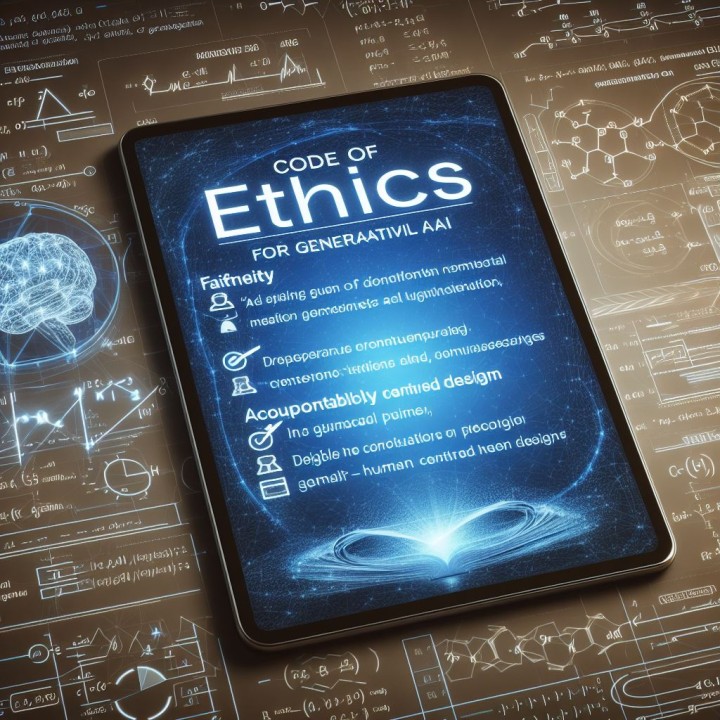














 Engagement is a fundamental pillar of effective education. It fosters active participation, deepens understanding, and enhances learning outcomes. In the context of Edtech, engagement is particularly crucial as it can transform learning experiences from passive to active and engaging.
Engagement is a fundamental pillar of effective education. It fosters active participation, deepens understanding, and enhances learning outcomes. In the context of Edtech, engagement is particularly crucial as it can transform learning experiences from passive to active and engaging.